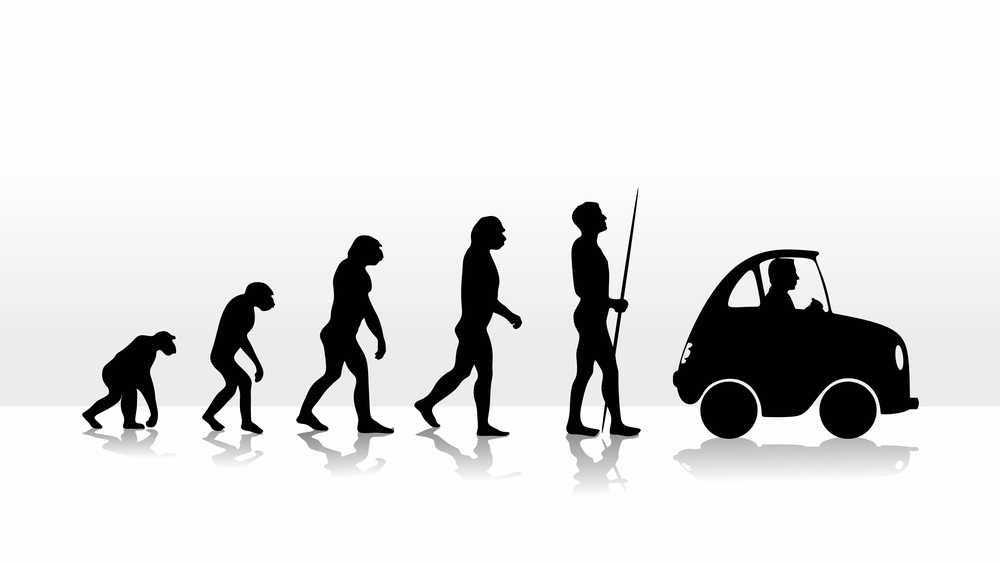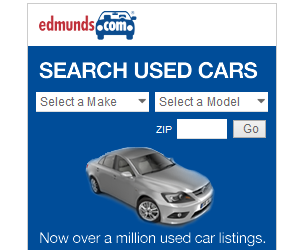Evolution of the Used Car Market: A Snapshot of the Last 3 Years.
Valerie Raskovic

The used car market has experienced a profound evolution over the past three years, driven by a combination of technological advancements, changing consumer preferences, and global economic shifts. This article delves into the key transformations that have shaped the landscape of the used car market from 2019 to the present day, offering insights into the trends that have redefined how we buy and sell pre-owned vehicles.
One of the most notable shifts in the used car market has been the substantial increase in online transactions. Over the last three years, consumers have embraced digital platforms to browse, compare, and even purchase used cars. Online marketplaces and classified platforms have witnessed exponential growth, offering buyers a wider selection and the convenience of browsing from the comfort of their homes. This trend was further accelerated by the COVID-19 pandemic, which underscored the importance of contactless transactions.
Embrace of Electric and Hybrid Vehicles
The past three years have witnessed a marked shift in consumer interest towards electric and hybrid vehicles in the used car market. As environmental concerns gain prominence, buyers are showing a growing inclination towards eco-friendly options. This demand has led to an increase in the availability of used electric and hybrid vehicles, with advancements in battery technology and charging infrastructure easing concerns about range and convenience.
Technological Integration and Enhanced Features
Technology has become a defining factor in the used car market's evolution. In the last three years, a surge in demand for vehicles equipped with advanced features such as infotainment systems, driver assistance, and connectivity options has been observed. Buyers are increasingly valuing vehicles that offer a seamless blend of convenience and safety, which has led to higher resale values for tech-equipped used cars.
Shift in Vehicle Preferences
The preference for vehicle types has also witnessed a notable shift. Compact SUVs, pickup trucks and crossovers have gained popularity due to their versatile nature, while traditional sedans have experienced a decline in demand. In fact, in 2022 Ford announced that they will stop selling passenger sedans altogether. The only non-SUV/Truck/Commercial vehicle Ford you can buy currently is the Ford Mustang. Needless to say, the past three years have highlighted a changing perception of utility, fuel efficiency, and adaptability to various lifestyles.
Fluctuations in pricing have been a recurring theme in the used car market. Over the last three years, external factors such as global supply chain disruptions, chip shortages, and economic uncertainties have impacted pricing dynamics. Buyers have navigated through both price surges and occasional price drops, emphasizing the importance of market awareness and timing.
The past three years have marked a significant period of transformation in the used car market. With a surge in online transactions and the embrace of electric vehicles, along with the evolution of technology, shifting vehicle preferences, and pricing dynamics, the landscape has seamlessly adapted to accommodate changing consumer behaviors and industry advancements. In this dynamic environment, the importance of staying informed is more critical than ever. As such, vehicle history reports have gained heightened significance. They provide essential insights into a vehicle's past, helping buyers make well-informed decisions in this ever-evolving and vibrant used car market. As we continue to journey forward, remaining attuned to these trends and leveraging tools like vehicle history reports will undoubtedly be pivotal for individuals navigating this rapidly changing automotive landscape.
Read more articles

